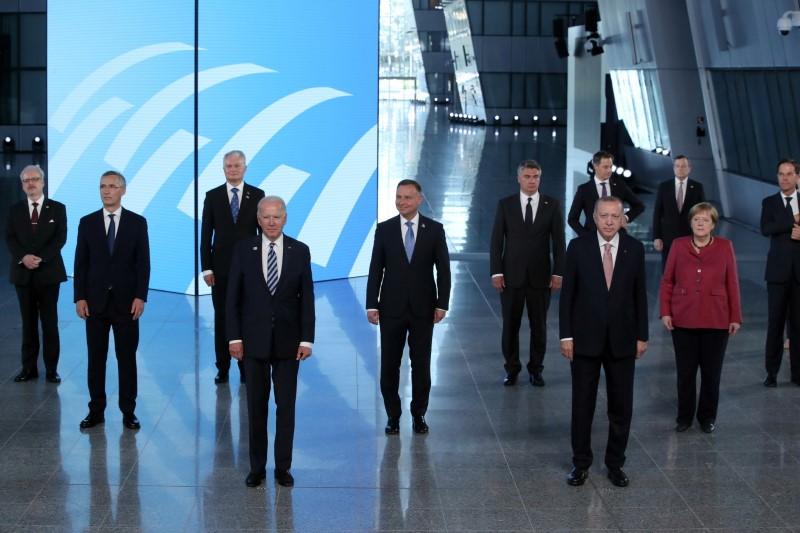The North Atlantic Treaty Organization (NATO) will confront the Chinese regime’s growing military ambition for the first time, the 30-nation Western alliance said on June 14, describing Beijing as presenting “systemic challenges” to the global order.
The language, which appears in the final communiqué issued after the conclusion of a one-day summit in Brussels, signals a burgeoning convergence in the West recognizing the various threats posed by Beijing.





